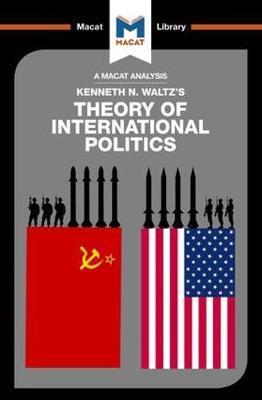Theory of International Politics

Theory of International Politics
Waltz's book begins by testing and critiquing earlier theories of international relations, showing their strengths and weaknesses, before moving on to argue for his own stance - what has since become known as "neorealism". His aim was "to construct a theory of international politics that remedies the defects of present theories." And this is precisely what he did; by showing the shortcomings of the prevalent theories of international relations, Waltz was then able to import insights from sociology to create a more comprehensive and realistic theory that took full account of the strengths of old schemas while also remedying their weaknesses - reasoning out a new theory in the process.
PRP: 83.23 Lei
Acesta este Prețul Recomandat de Producător. Prețul de vânzare al produsului este afișat mai jos.
74.91Lei
74.91Lei
83.23 LeiLivrare in 2-4 saptamani
Descrierea produsului
Waltz's book begins by testing and critiquing earlier theories of international relations, showing their strengths and weaknesses, before moving on to argue for his own stance - what has since become known as "neorealism". His aim was "to construct a theory of international politics that remedies the defects of present theories." And this is precisely what he did; by showing the shortcomings of the prevalent theories of international relations, Waltz was then able to import insights from sociology to create a more comprehensive and realistic theory that took full account of the strengths of old schemas while also remedying their weaknesses - reasoning out a new theory in the process.
Detaliile produsului











